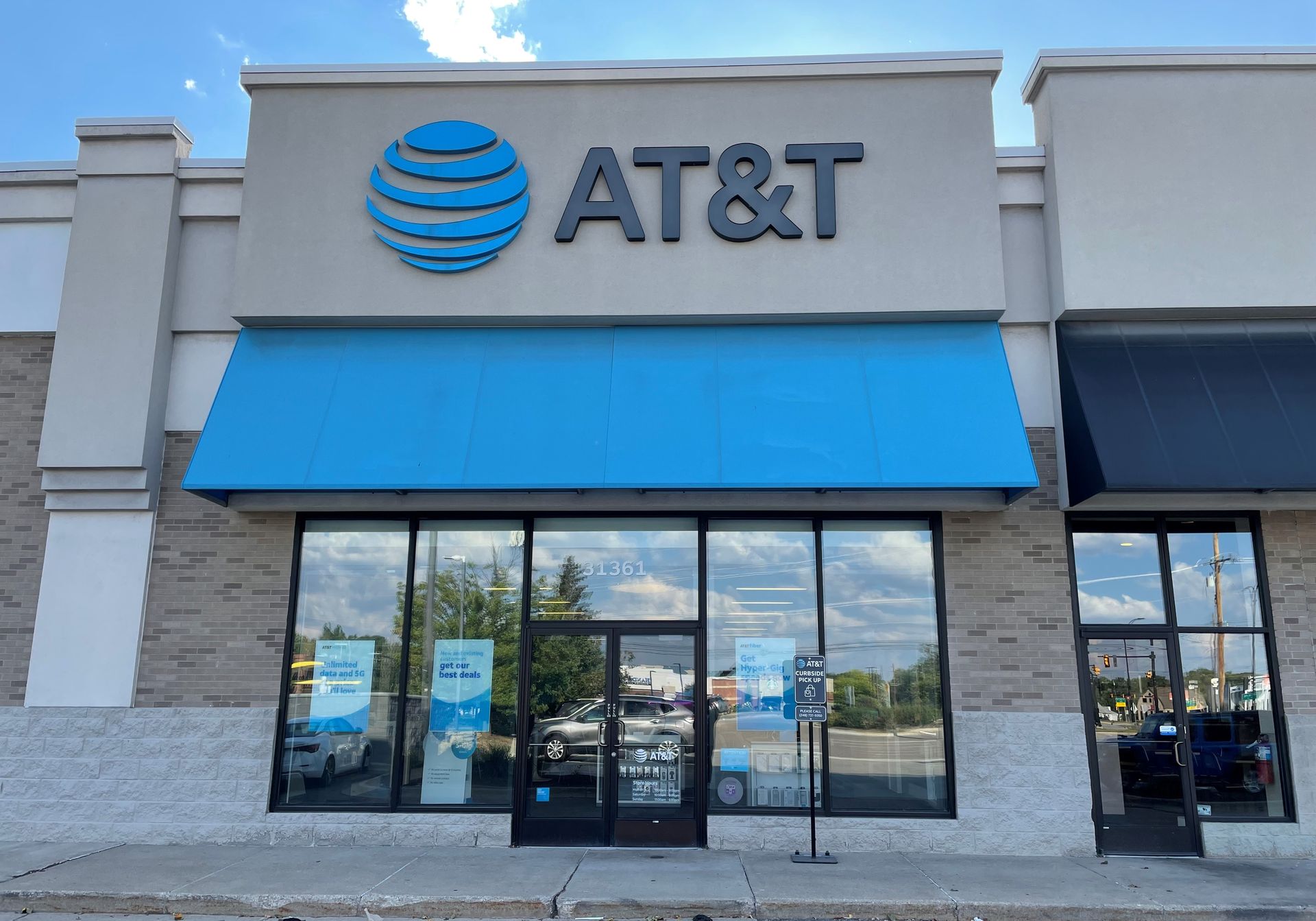AT&T is blocking your freedom to unlock phones

AT&T isn’t exactly thrilled about the Federal Communications Commission’s (FCC) latest proposal: a rule that would require carriers to unlock phones within 60 days of activation. As expected, the telecom giant is pushing back, claiming this policy could hurt consumers in more ways than it helps.
“AT&T reiterated that requiring providers to unlock handsets before they are paidoff would ultimately harm consumers by creating upward pressure on handset prices and disincentives to finance handsets on flexible terms. AT&T offers an array of affordable options for consumers to connect via a device that best suits their needs, including subsidized pricing and no interest financing. Locking a handset purchased under those terms until it is paid-off is not anti-consumer, as it enables providers to make devices more affordable to all consumers, who overwhelmingly elect to purchase their phones in this way.”
Honestly, this sounds more like corporate self-preservation than a defense of customer rights.
The 60-day rule: FCC’s move for competitionThe FCC’s proposal aims to make it easier for consumers to switch carriers by standardizing phone unlocking policies. Right now, many carriers—like AT&T and T-Mobile—lock phones until the customer either pays off the device or fulfills a certain period on the network. This effectively ties customers to a provider, limiting competition and forcing them to stay longer than they might want. The FCC believes its 60-day rule would change that.
The FCC’s argument is straightforward.
If customers can switch carriers more easily, competition will thrive, and the best services will naturally rise to the top. With an unlocked phone, consumers can choose the carrier that suits their needs without jumping through hoops. As the FCC put it, this would “reward the most innovative services.”
 AT&T also raised concerns about fraud, suggesting that a shorter unlocking period could make it easier for bad actors to exploit the system (Image credit)
AT&T’s concerns
AT&T also raised concerns about fraud, suggesting that a shorter unlocking period could make it easier for bad actors to exploit the system (Image credit)
AT&T’s concerns
Not surprisingly, AT&T has some complaints. In an October meeting with the FCC, AT&T executives argued that a shorter unlocking window could backfire on consumers. According to AT&T, requiring carriers to unlock devices before they’re fully paid off might lead to higher handset prices and fewer financing options. The company claims its current financing deals make smartphones more affordable, especially for low-income customers, and locking phones until they’re paid off is part of how it maintains these subsidies.
AT&T also raised concerns about fraud, suggesting that a shorter unlocking period could make it easier for bad actors to exploit the system. The company requested a 180-day fraud detection period to protect against this risk, far longer than the 60 days proposed by the FCC.
AT&T confirms huge data breach impacting 70M+ customers in total
Is the market really “fiercely competitive”?One of AT&T’s key defenses against the rule is that the mobile carrier market is already competitive enough. The company insists that the proposed rule wouldn’t improve competition by any meaningful measure, arguing that unlocking policies aren’t the barrier the FCC makes them out to be.
Verizon, one of AT&T’s biggest competitors, is on board with the FCC’s 60-day rule. Verizon has been unlocking phones within 60 days since a spectrum purchase agreement in 2007. If one of the biggest players in the market can manage it, AT&T’s claim that such a rule would be catastrophic feels more like corporate resistance than genuine concern for the consumer.
 One of AT&T’s key defenses against the rule is that the mobile carrier market is already competitive enough (Image credit)
More time
One of AT&T’s key defenses against the rule is that the mobile carrier market is already competitive enough (Image credit)
More time
AT&T is asking for more time to implement any changes—suggesting that carriers should have up to 24 months to comply with the new rules, should they be passed. Additionally, the company wants the FCC to respect existing contracts between customers and carriers, which could complicate the timeline for any policy shifts.
T-Mobile has also raised similar concerns, but the FCC isn’t likely to let these companies dictate the rules. The Commission’s goal is to make switching easier, promote competition, and give consumers more control.
Featured image credit: AT&T
